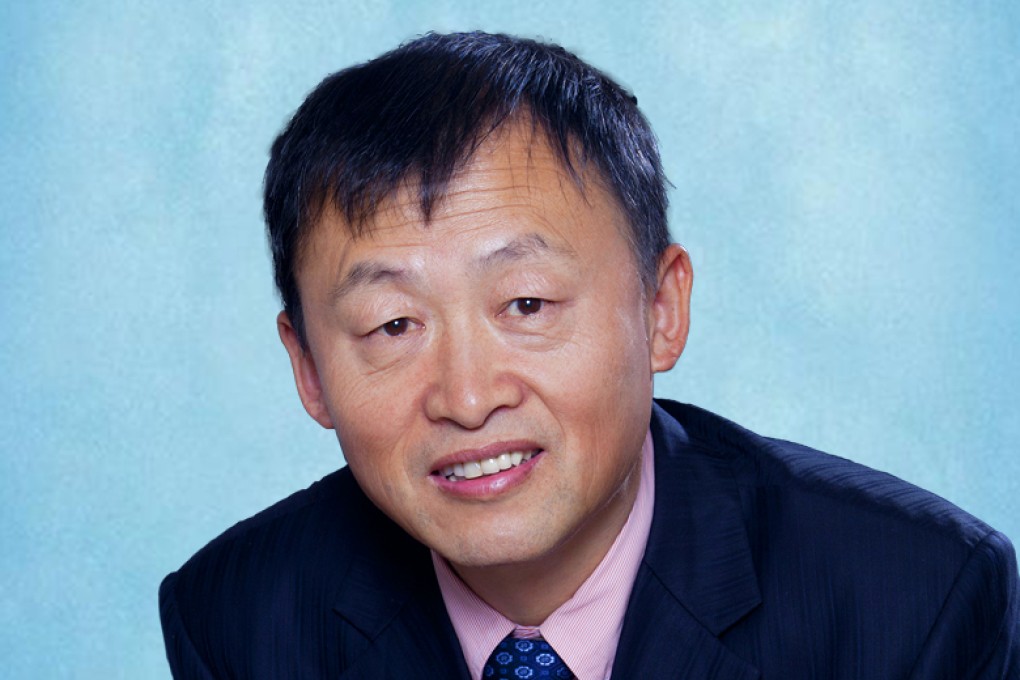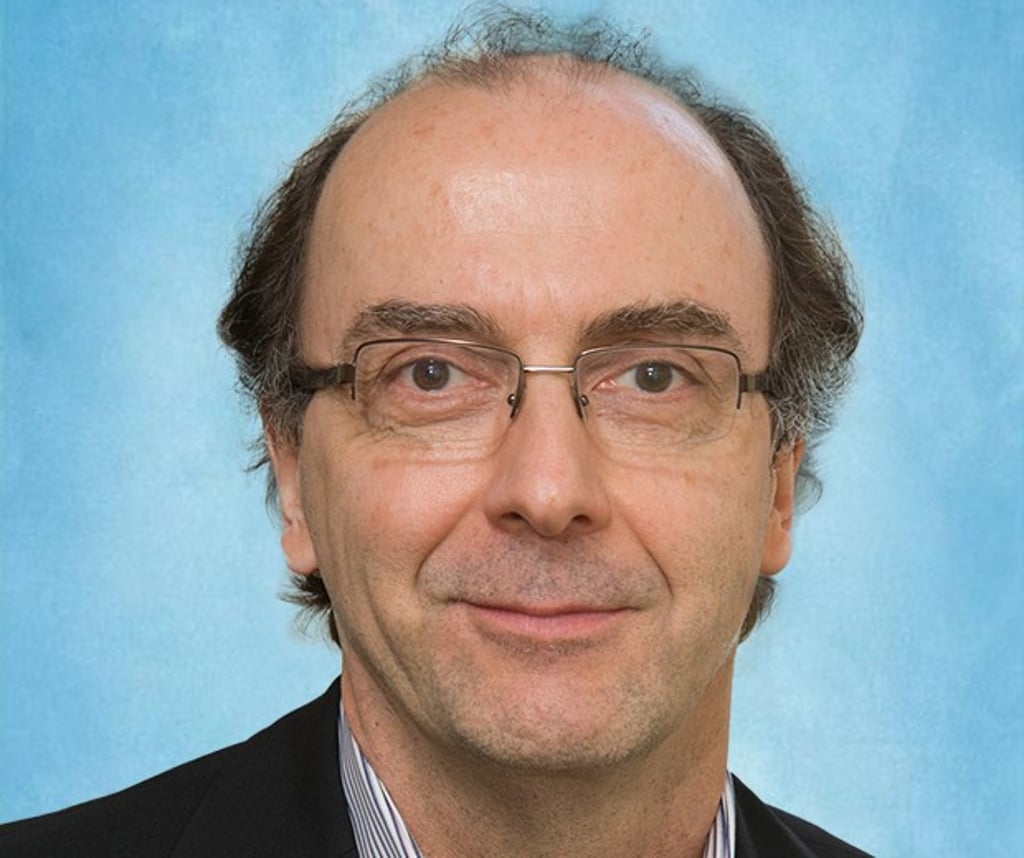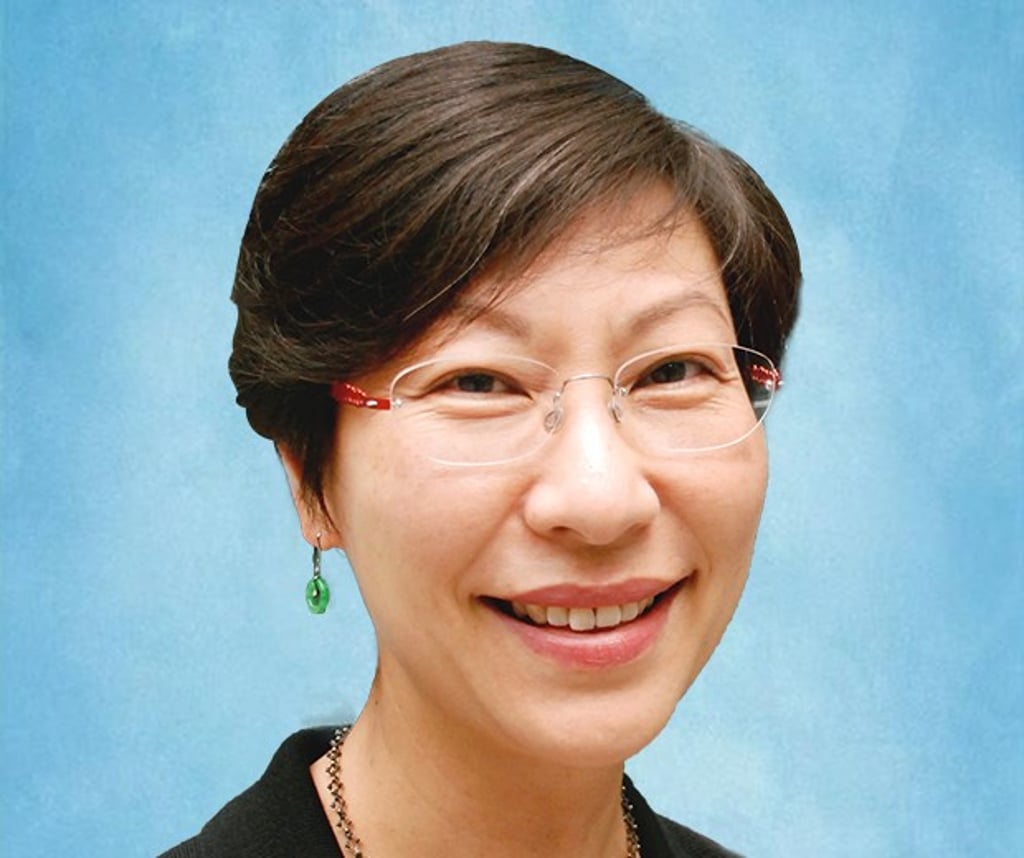Making the Most of Philanthropy

[Sponsored Article]
Global urbanisation is creating new opportunities for cities —and serious challenges as well. Seeking winning solutions to help build better cities, The Hong Kong Jockey Club Charities Trust is convening the Philanthropy for Better Cities Forum 2018. The Forum will provide a public platform to address pressing metropolitan social issues. It is about a wide range of issues in relation to philanthropy, including the ways to make philanthropy as effective and productive as possible.
Building on the foundation laid down by the successful 2016 inaugural Forum—this year's Forum will continue to challenge the audience for the best possible ideas for creating a better urban environment for all of us. Five thematic topics will be discussed at the Forum, namely: Leveraging the Market, Sustainable Development, Maximising Impact, Youth and Creativity, plus Health and Well-being.
On the thematic area of Maximising Impact, a wide range of topics will be discussed over four sessions. In addition to various experiences discussed on stage by key individuals from some of the most celebrated institutions in the world, there will be a session dedicated to the fast changing philanthropy landscape in China.
A China's perspective
The plenary session China's philanthropy: Will a new paradigm for philanthropy emerge? brings together a panel of speakers who are close to the unprecedented growth of philanthropy in China in recent years.
Professor Wang Ming is not only the Dean of Institute for Philanthropy in Beijing’s Tsinghui University, but also the University’s Director of NGO Research Centre. The scholar will speak from his experience as a research professional, as well as Chief Editor of the publication China Nonprofit Review. The latter role of which promises an added perspective to the conversation, which is facilitated by Raymond Tam, Executive Director, Corporate Affairs of The Hong Kong Jockey Club.
Also offering the audience his deep personal insight into the philanthropy scene in China is Chairman of the Narada Foundation, Xu Yongguang, who has 25 years' experience in this area, including the founding of Project HOPE—which has been recognised as one of the most influential philanthropic names in China. The mission of the Narada Foundation is to promote the development and social innovation of China's philanthropy sector.
More speakers including Professor Jin Jinping, Professor of Law School of the Peking University and Lei Yongsheng, President of Lao Niu Foundation are set to join the session, shedding light on the specific solutions to Chinese philanthropy considering China's unique cultural, economic and regulatory context.
Risk-taking and Philanthropy
In the presence of Michael Berkowitz, President of the 100 Resilient Cities; Rip Rapson, President and CEO of The Kresge Foundation; Elizabeth Knup, Country Director of the Ford Foundation, stationing in China, and facilitator Professor Stephen Cheung, President and Chair Professor of Public Policy of The Education University of Hong Kong, the plenary session Risk Taking in Philanthropy: Should philanthropists be taking bigger risks? beckons a fascinating dialogue.
Setting the tone for this dialogue is a food-for-thought conversation: For philanthropists who are willing to enjoy the freedom to invest in radical and uncertain ideas in an attempt to bring out change to the wider philanthropy community— what level of risk can be justified?
Risk is a term that these panel speakers have dealt with over a long period. Berkowitz, for example, has accumulated decades of experience in risk management and planning initiatives in international organisations. In his current capacity, he has been tasked to shape and oversee the 100 Resilient Cities, a project pioneered by the Rockefeller Foundation with a mission to act as a catalyst for an urban resilience movement.

Rapson’s experience involves, but is not limited to, having expanded the 94-year-old Kresge Foundation's grant-making and investing tools to improve the economic, social, cultural and environmental conditions of city life across the US.
With a master degree in Chinese Studies from the University of Michigan, Knup has worked in both the private sector and the US government, and she currently sits on the boards of several not-for-profit organisations, including the Institute for Sustainable Communities and the National Committee on US-China Relations.
Professor Cheung received his PhD in Statistics from the University of Paris VI, and a PhD in Finance from the University of Strathclyde. He is highly active in academic research, focusing on corporate governance, corporate social responsibility and financial market development, and publishes widely in international refereed journals.
The way forward for collaborative partnerships
Urbanisation and globalisation contribute to the creation of new social issues which, in turn, require cohesive cross-stakeholder solutions. Yet, looking at the evidence, many in the know would argue that strong collaborative partnerships between the government, business and civil society sectors leave much to be desired.

A diverse panel of professionals across industries, including Bradford Smith, President of the US-based Foundation Center; Ananthapadmanabhan Guruswamy, CEO of India’s Azim Premji Philanthropic Initiatives; as well as Yana Kakar, Global Managing Partner of the strategic advisory firm Dalberg Global Development Advisors, converges on stage for the session Collaboration: How can we unleash the potential of greater collaboration in tackling metropolitan social issues? Facilitated by Bryan Wong, Executive Manager, Charities, Strategy and Business Management of The Hong Kong Jockey Club, these experts will discuss some of the more effective strategies and tactics when trying to rally support and resources behind a social cause.

Some 60 distinguished speakers, including Nobel Laureate Economist Professor James J. Heckman from the University of Chicago, Nobel Peace Prize Laureate Professor Muhammad Yunus, as well as other renowned academia, government officials, enablers and influencers, will also speak at the 2018 Forum.
Being the first discussion of its kind in Asia to focus on metropolitan social issues, the Forum will take place September 20-21 at The Hong Kong Convention and Exhibition Centre. It will offer philanthropists, social entrepreneurs, policy-makers, academia and NGOs from around the world a platform to exchange views, and assist cross-sector collaboration and cultivate long-term partnerships and engagement.
This is undoubtedly a must-not-miss opportunity to meet over 1,000 international delegates from the philanthropy sector to exchange views on the most urgent social needs of 21st century cities.
Philanthropy for Better Cities Forum